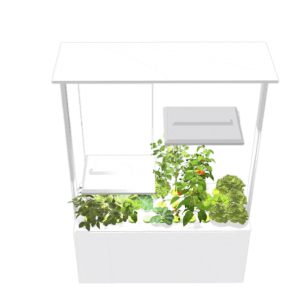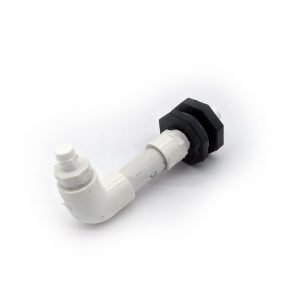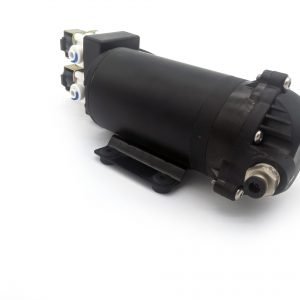Aeroponics is a cutting-edge method of growing plants that uses a nutrient-rich mist, rather than soil. This innovative technology offers a wide range of benefits over traditional soil-based gardening, including increased efficiency, sustainability, and precise control of the plant environment.
One of the key benefits of aeroponics is its ability to provide plants with the exact amount of water and nutrients they need to thrive. In traditional soil-based gardening, it can be difficult to ensure that plants are receiving the right amount of water and nutrients, leading to wasted resources and reduced yields. In contrast, an aeroponic system allows for precise control of these factors, which can lead to healthier, more productive plants.
Another benefit of aeroponics is its efficiency. Because plants are grown in a mist rather than soil, they can be grown in a much smaller area than traditional soil-based gardening. This makes aeroponics a great option for urban gardening or indoor farming, where space is often at a premium. Additionally, aeroponics can produce up to 10x times more produce per square foot than traditional soil-based gardening, which can lead to significant savings in terms of land and water use.
Aeroponics is also a more sustainable option for growing plants. Because it eliminates the need for soil, it eliminates the need for pesticides, herbicides, and fungicides. This makes it a much more environmentally friendly option than traditional soil-based gardening. Additionally, aeroponics can be powered by renewable energy sources, such as solar or wind power, which can further reduce its environmental impact.
One aspect of aeroponics that is often overlooked is the ability to control the environment for the plants. By controlling the temperature, humidity, light and nutrient levels, it is possible to achieve optimal growth conditions for the plants, which can lead to healthier, more productive plants. Additionally, the ability to control the environment can be used to extend the growing season and grow plants that would not normally be able to grow in a particular climate.
Another aspect that is worth mentioning is the ability of aeroponics to grow plants in space. Because aeroponics does not rely on soil, it can be used to grow plants in microgravity environments, such as on a space station or in a lunar or Martian colony. This could be crucial for long-term space missions, where the ability to grow fresh food would be essential for the survival of the crew.





